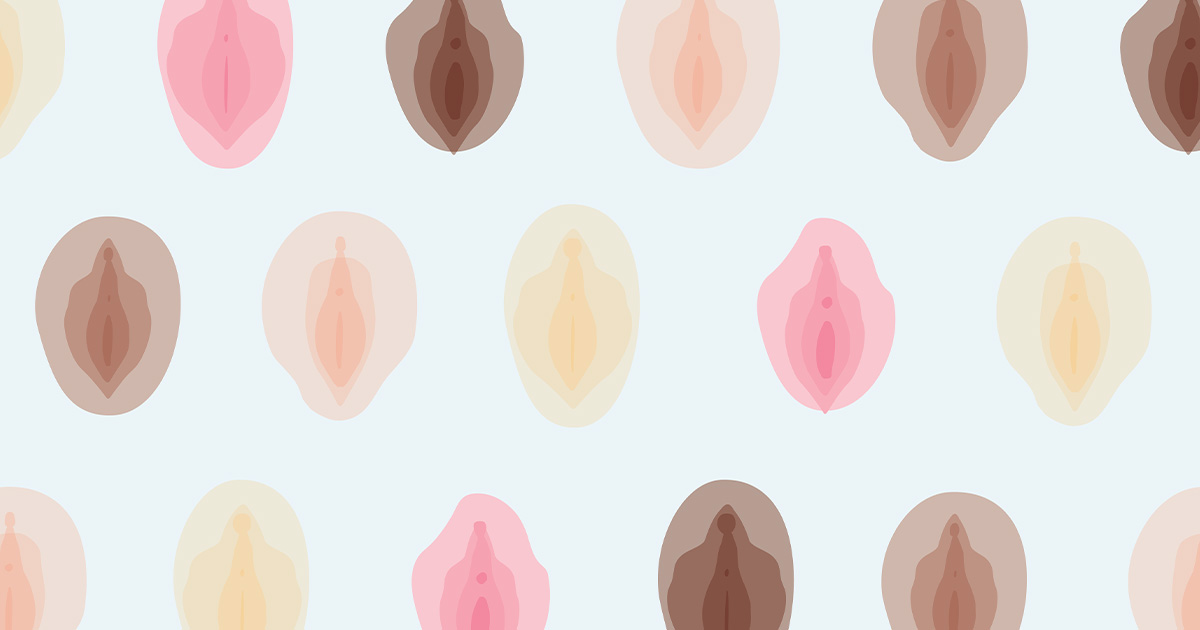
What's Up, Down There
What’s Up, Down There: Postpartum Edition
In this edition of What’s Up, Down There, we’re getting real about what happens to your vagina after childbirth. Because let’s face it – postpartum recovery isn’t always talked about as openly as it should be. We’re diving into what vaginal changes are totally normal, what might feel a little unexpected, and when it’s time to check in with your provider. Knowing what to expect can take some of the stress out of the unknown and help you feel more confident and supported as you navigate this next chapter of your motherhood journey.
Vaginal Bleeding and Discharge
After you give birth (even if you had a C-section), you should expect vaginal bleeding and discharge. The medical term for this is lochia. It’s totally normal and just your body’s way of clearing out the extra blood and tissue it used to support your baby. It’ll be heaviest in the first week or so (up to about 10 days) but can wax and wane for up to six weeks.
How to treat it: It’s important to stick to sanitary pads only during this time as tampons can introduce bacteria and cause infection. If you experience extremely heavy bleeding soaking through more than one sanitary pad per hour or are, it’s best to call your Axia Women’s Health provider.
Vaginal and Perineum Soreness and Swelling
It’s very normal to feel soreness and swelling both around your vagina and your perineum – that small area between your vagina and your anus. The perineum can tear naturally during childbirth. Sometimes, your doctor may need to make a small cut (called an episiotomy) to help the baby out. But even if you don’t have a tear or a cut, it’s totally normal for this area to feel sore, swollen, or just plain uncomfortable for a while after delivery.
How to treat it: Ice packs can be very helpful in relieving soreness. Try sitting on one for about 10 minutes, a few times a day, especially after going to the bathroom. Another key item is a peri bottle. The peri bottle is almost like a portable bidet. You fill it with warm water and squeeze the bottle, use it while going and after going to the bathroom as a rinse. It helps keep things clean and can reduce the stinging feeling you can experience when going to the bathroom. If the soreness isn’t easing up or you notice signs of infection, definitely give your provider a call.
Weakened Vaginal Muscles
Childbirth can put a lot of stress on the vaginal muscles and can weaken them. For many women, it’s common to experience symptoms like bladder leakage when they laugh or sneeze. This is known as incontinence. Similarly, women may experience a feeling of pressure or bulging in the pelvic area, which may be caused by pelvic organ prolapse. While these symptoms are common, it doesn’t mean you should ignore them.
How to treat it: It can be helpful to see your provider if you’re experiencing persistent symptoms that last well beyond your 6-week checkup. They can help diagnose your specific condition and propose solutions that can help. These solutions can include things like pelvic floor physical therapy, as well as lifestyle modifications, or referral to a urogynecologist for possible medical procedures.
Pain During Sex
It’s always recommended to wait at least 6 weeks after childbirth to have sex, as you’re still healing. Whether you had a C-section or vaginal birth, your body needs time to recover. You may experience swelling and pain for several weeks after giving birth. Even after this healing period, sex may still feel uncomfortable. Another reason? Hormones. After delivery, your estrogen levels drop and that lack of estrogen can contribute to vaginal dryness which can make sex uncomfortable.
How to treat it: A ph-balanced vaginal lubricant can be helpful in relieving dryness. Just remember to wait until your provider gives you the all clear before engaging in sex.
What’s Next?
Will my vagina ever return to normal after giving birth? This is the question every woman wants to know. While every woman is different and healing times can vary, generally speaking, you should expect to return to normal shape and size within a few months. Of course, it won’t be exactly the same, as childbirth is a major event! If, however, you’re experiencing any lasting pain or concerns, never hesitate to contact your Axia Women’s Health provider who can help determine the cause and what treatments may be right for you.



















